Author(s): Ljiljana Bogoeva Sedlar / Language(s): English
Issue: 63/2017
Ferdowsi’s epic, The Shahnameh, considered to be the most influential history of Iran up to the time of its completion in the eleventh century, contains a complex criticism of the history created by succession of patriarchal warrior tribes and dynasties, common to other parts of the world as well. This aspect of the epic, however, is not readily explored or emphasized, perhaps because it highlights the existence of social practices, often associated with Zoroastrianism and based on solidarity, justice and truth, striving from time immemorial to steer human societies and human history towards a more humane existence. This paper stresses the importance of Ferdowsi’s story of Kaveh, the blacksmith who, in the mythic period covered by the Shahnameh, long before Martin Luther King did the same: refused to adjust to a system that is not just, and refused to put his name to a document that claimed the tyrant he was forced to live under was an exemplary ruler and model human being. The paper relates this tradition of resistance and revolt in Persia to Voltaire’s criticism of Euro-centrism, religious bigotry and history reduced to a Book of Kings (found in his Essays on Universal History, the Manners and Spirit of Nations, 1756), and to Peter Brook’s work on non-European epic traditions (Indian Mahabharata, Persian Conference of the Birds, African Sufi tradition exemplified by Tierno Bocar), undertaken in the late decades of his life. Indignation with history, similar to their own, was voiced by Brecht, in the poem “A Worker Reads History,” and Walter Benjamin, in notes On the Concept of History, where Angel of History wishes to distance himself from the chain of events of our past, because he sees them not as progress but as a single catastrophe. This paper is a reminder that those who feel compelled to refuse and resist domination and exploitation present in the world today have a long and illustrious tradition worth keeping alive and fighting for. Today, numerous new alternative people’s histories challenge the validity of the traditional ‘books of kings’: Ferdowsi and Voltaire preceded them, and with their works Brecht, Benjamin and Peter Brook certainly contributed to their emergence.
More...
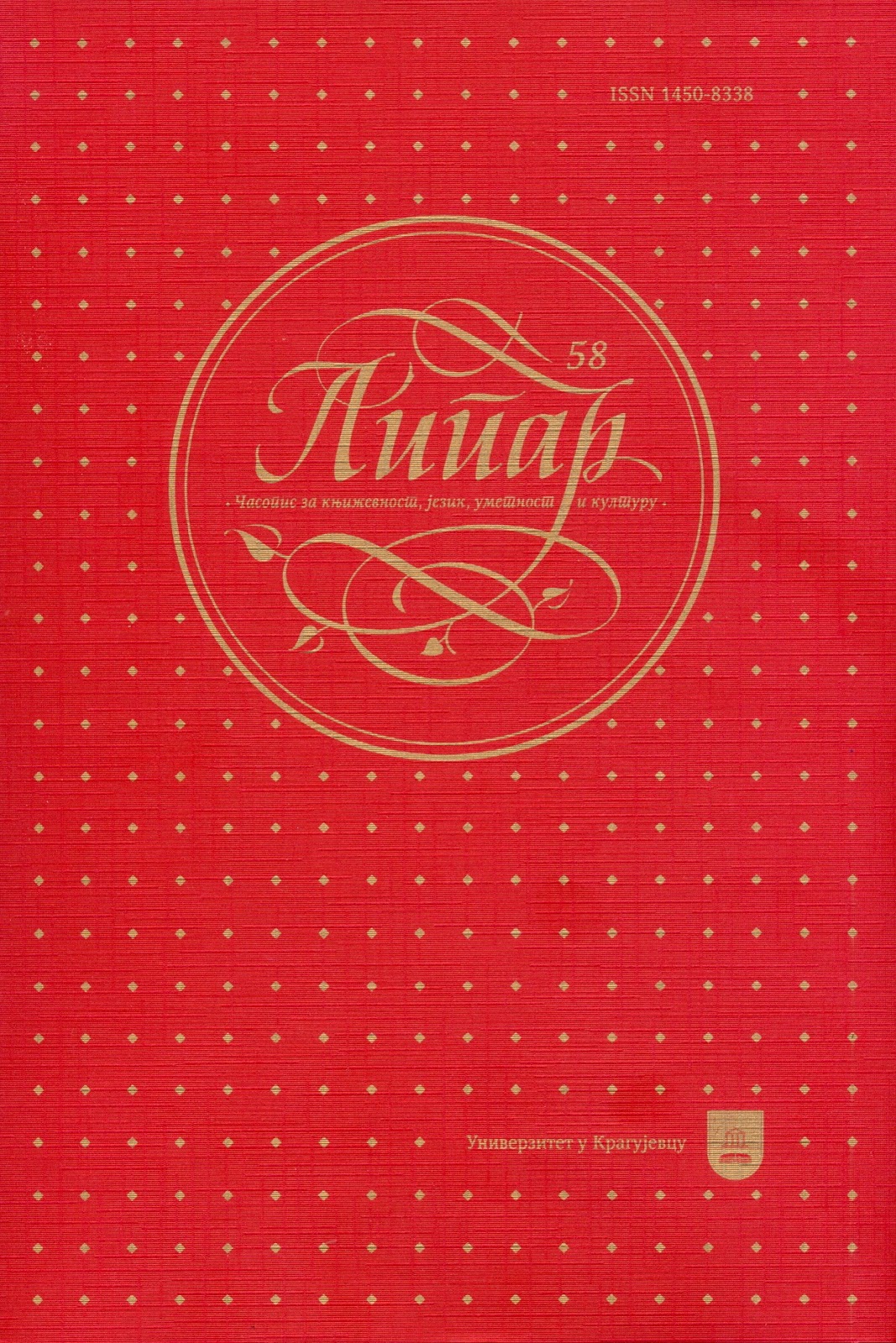

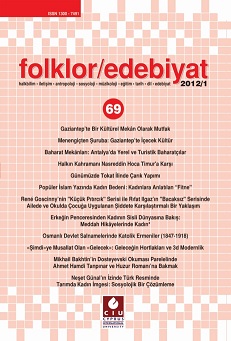
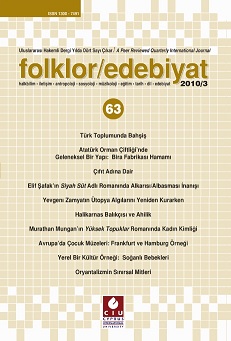

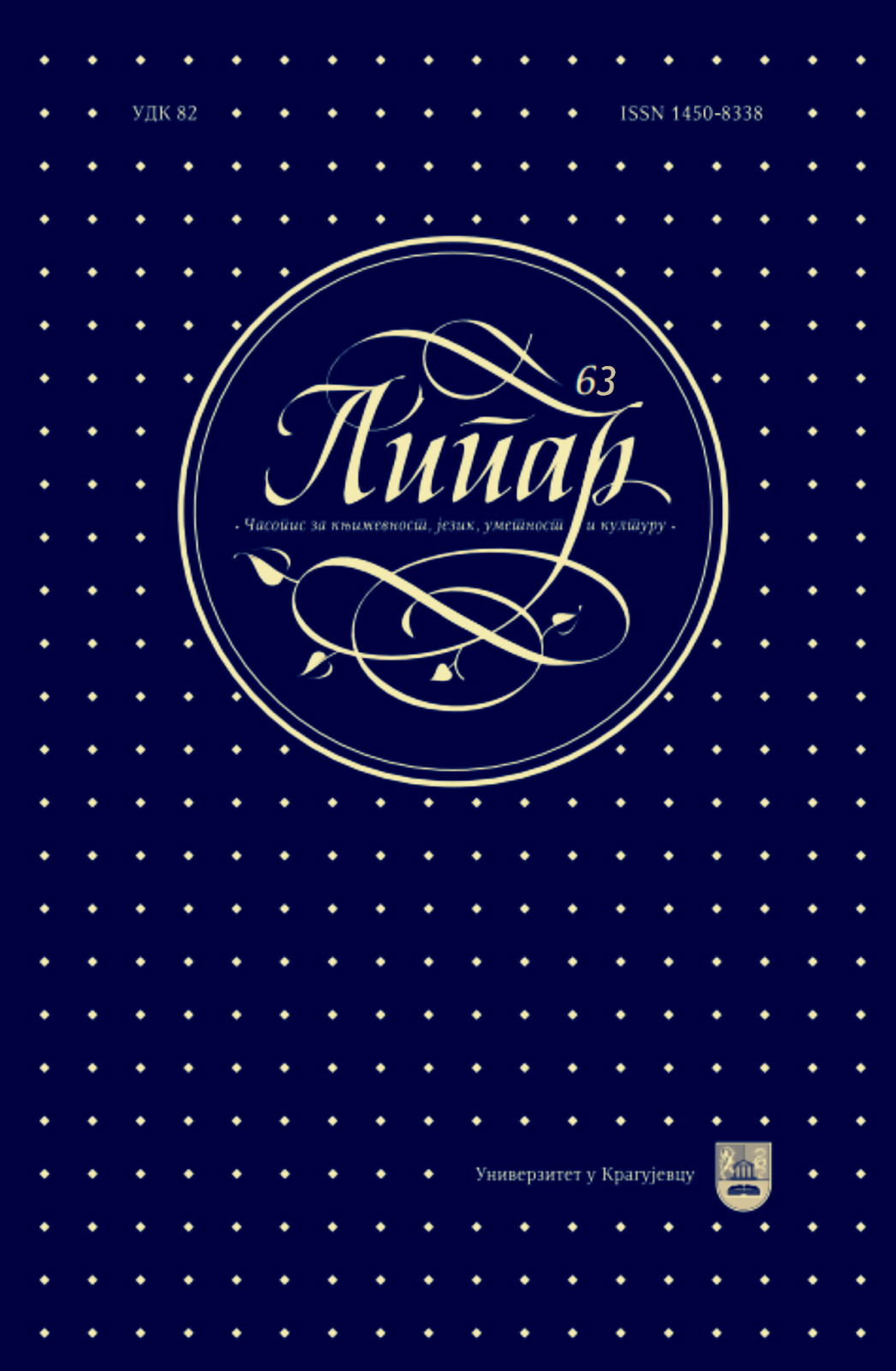
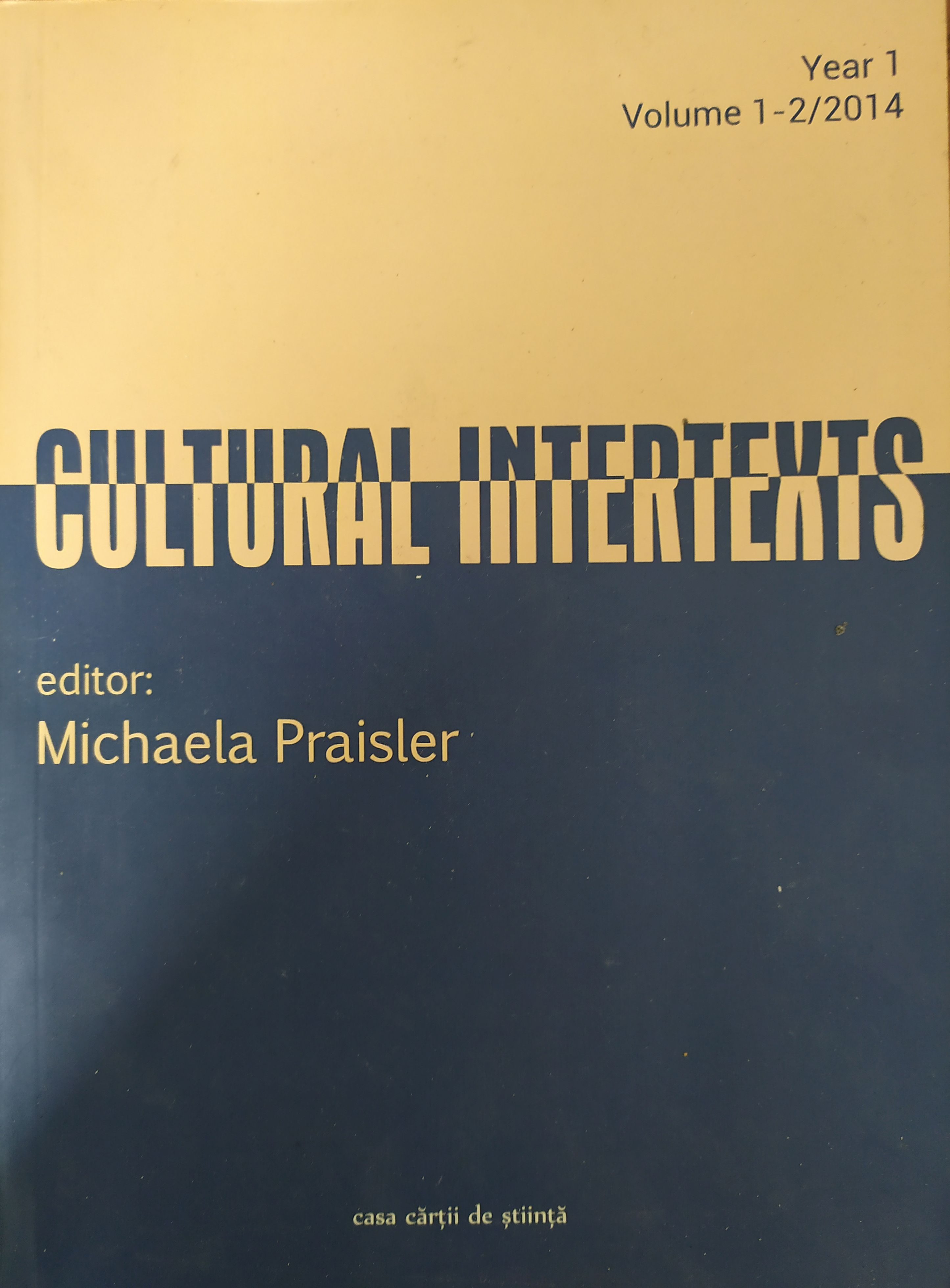
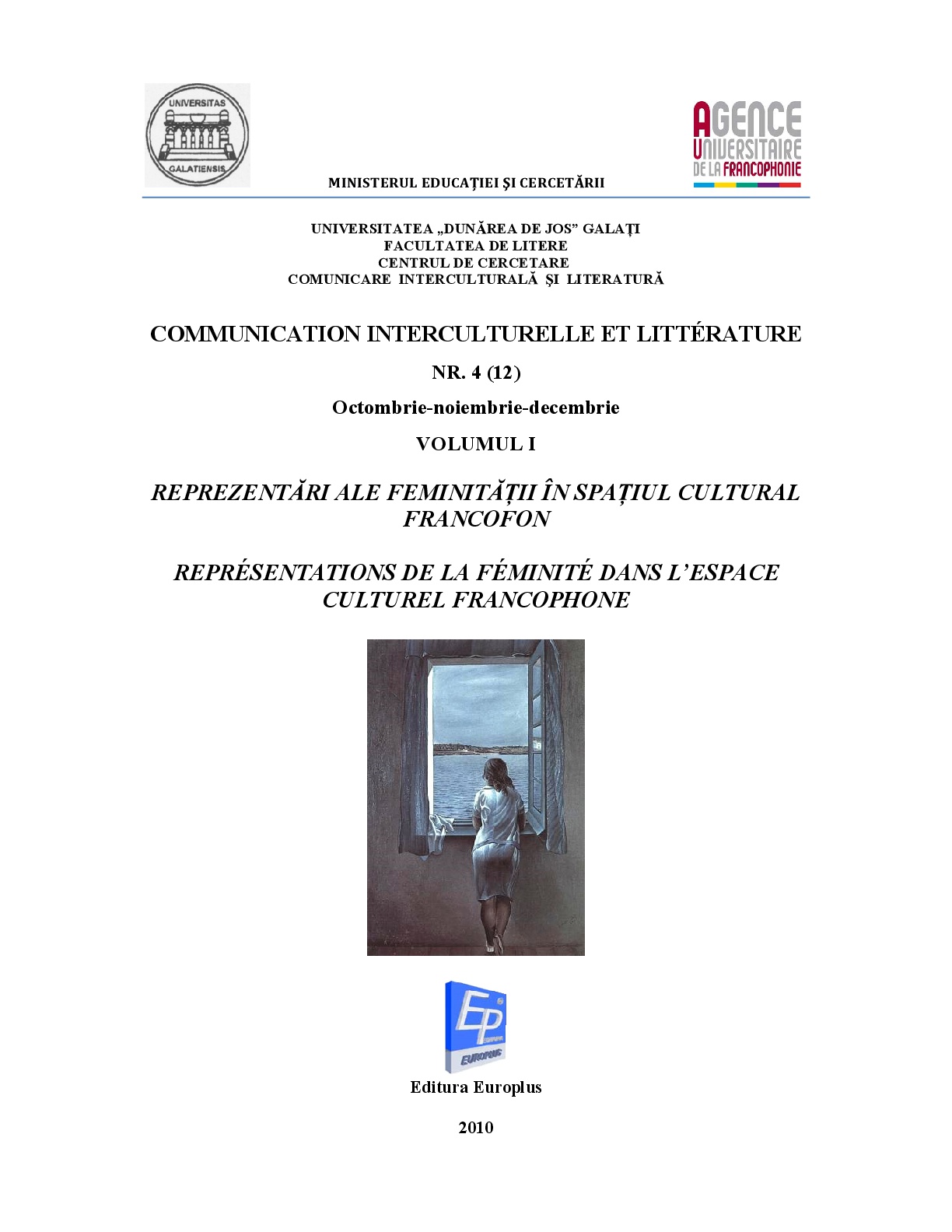
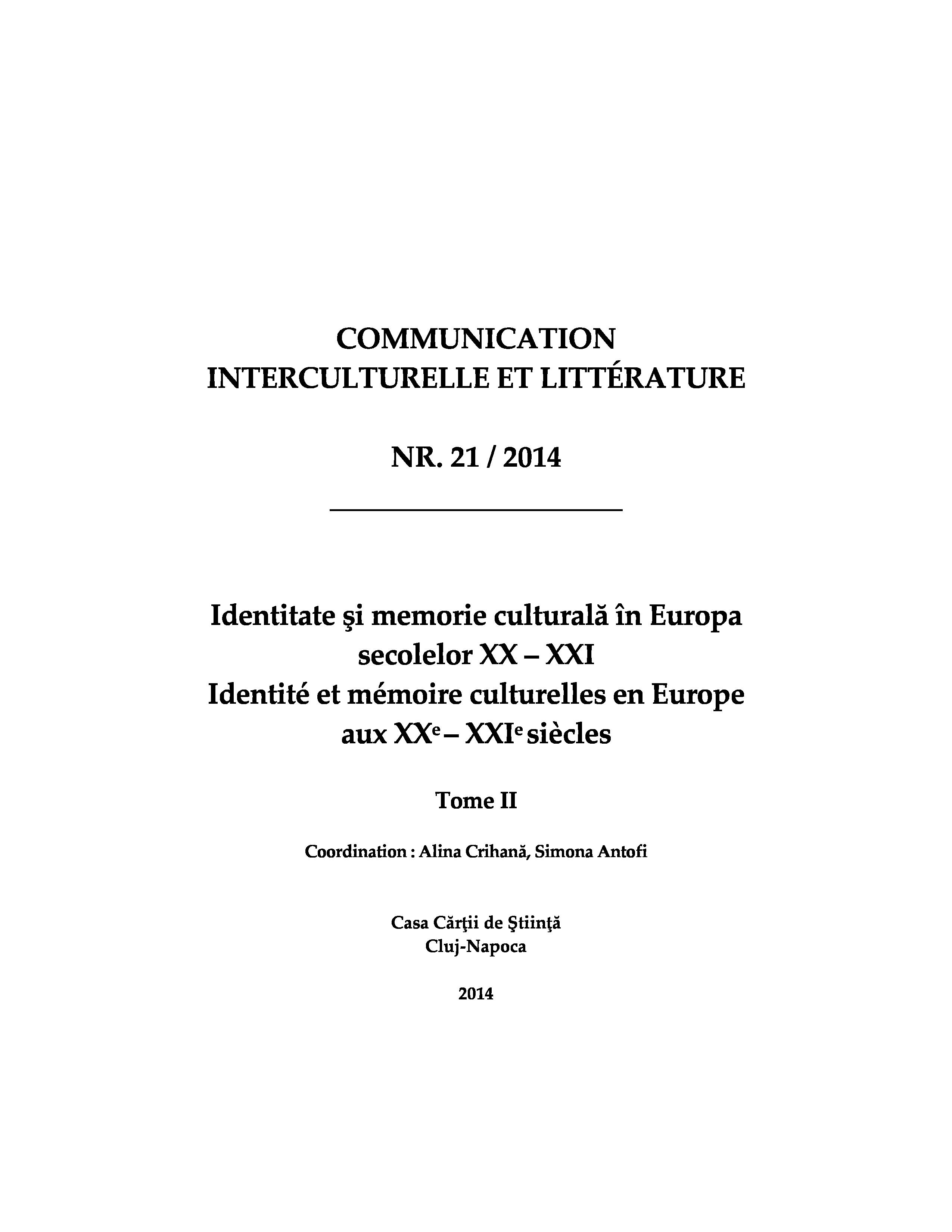
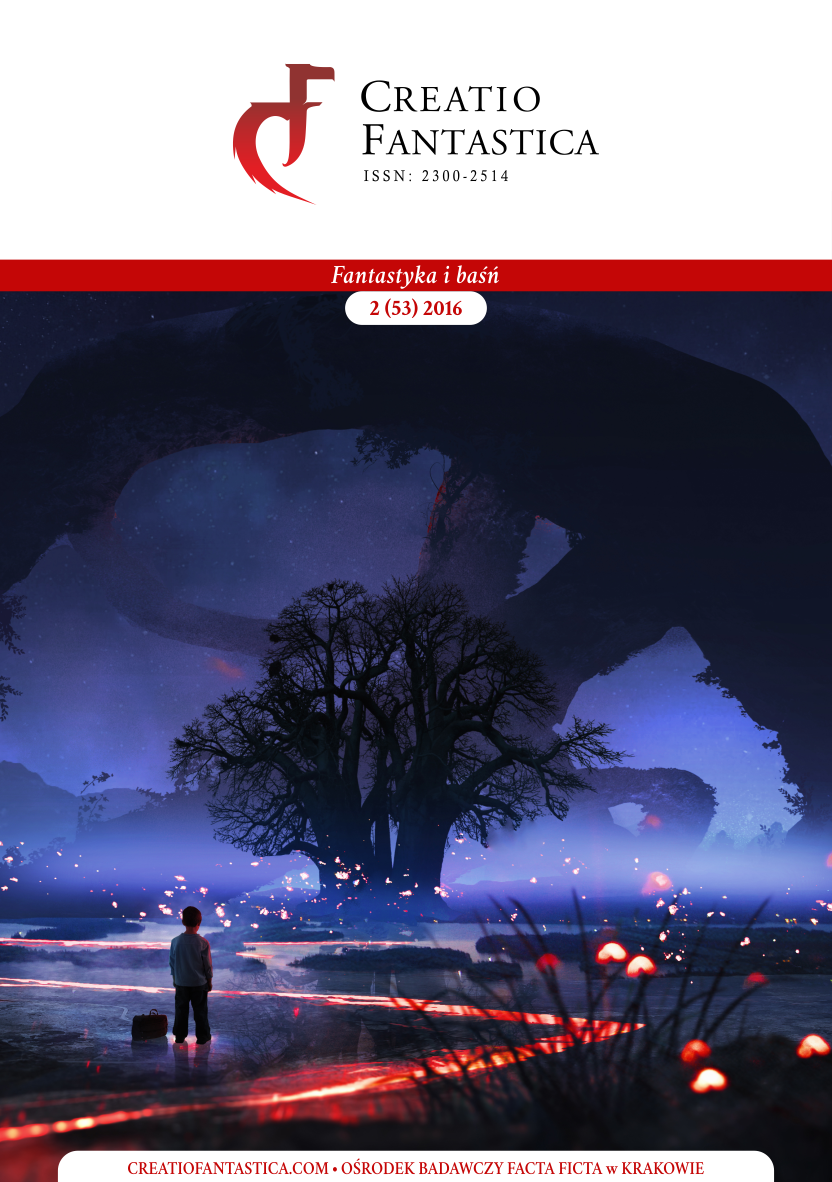

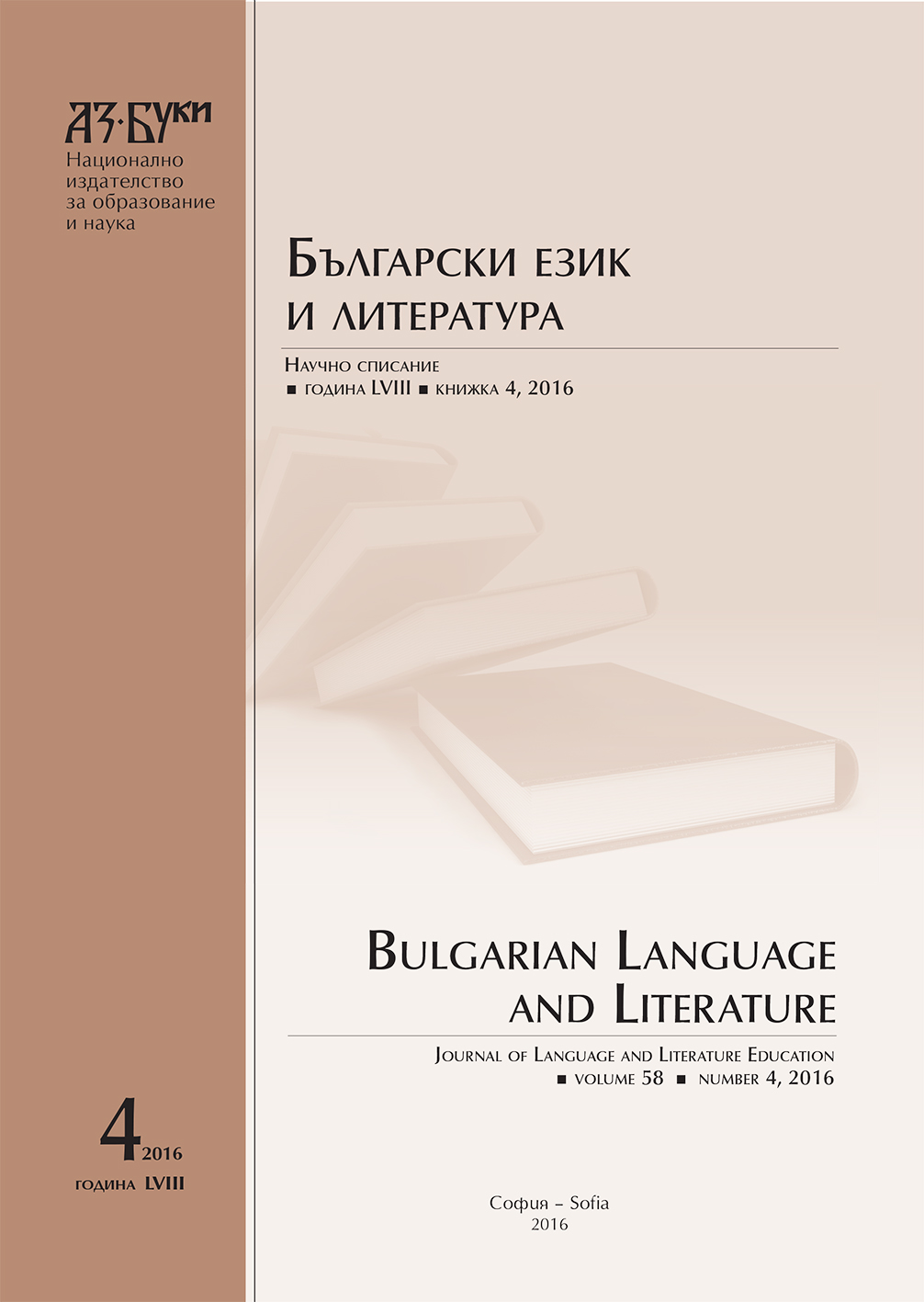
![Поетика українських перекладів Вергарна [Рецензія на книгу: Кравець Я. Український Еміль Вергарн (критика, перегуки, переклади)]. – Львів : Тріада плюс, 2016. – 344 с.]](/api/image/getissuecoverimage?id=picture_2017_38495.jpg)


